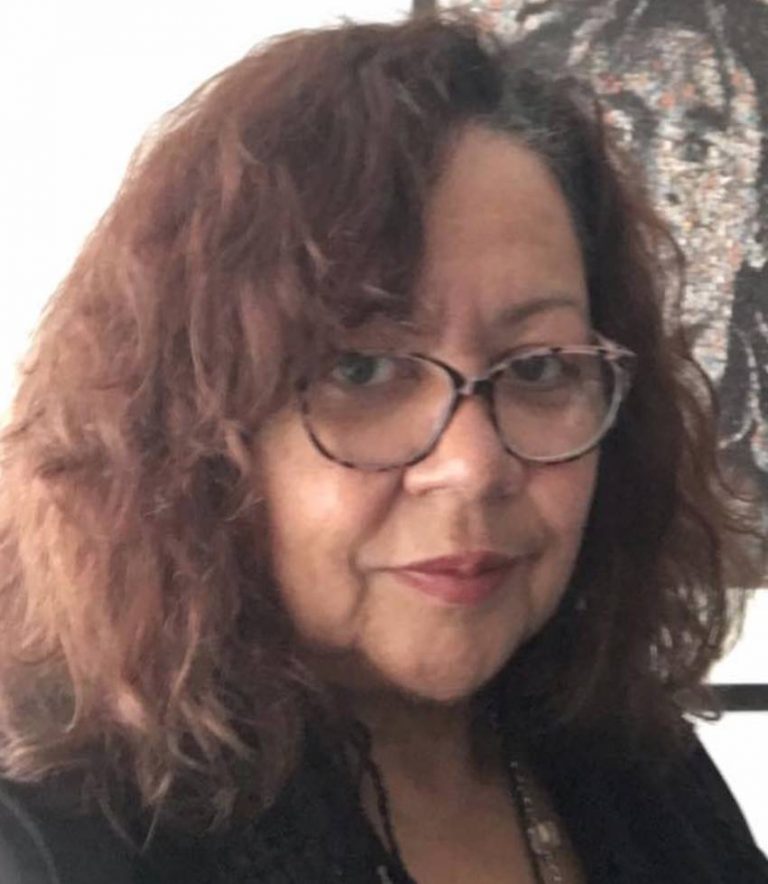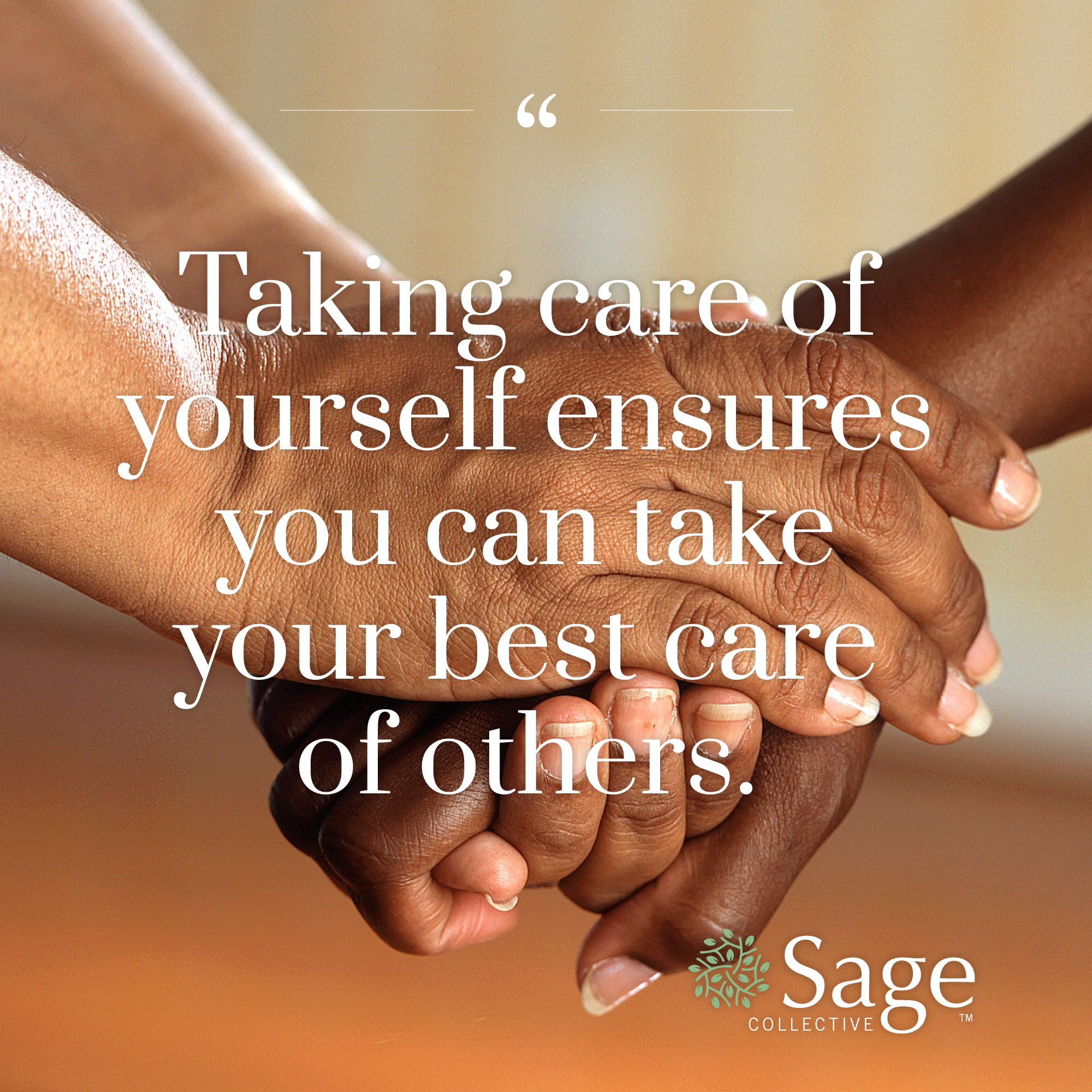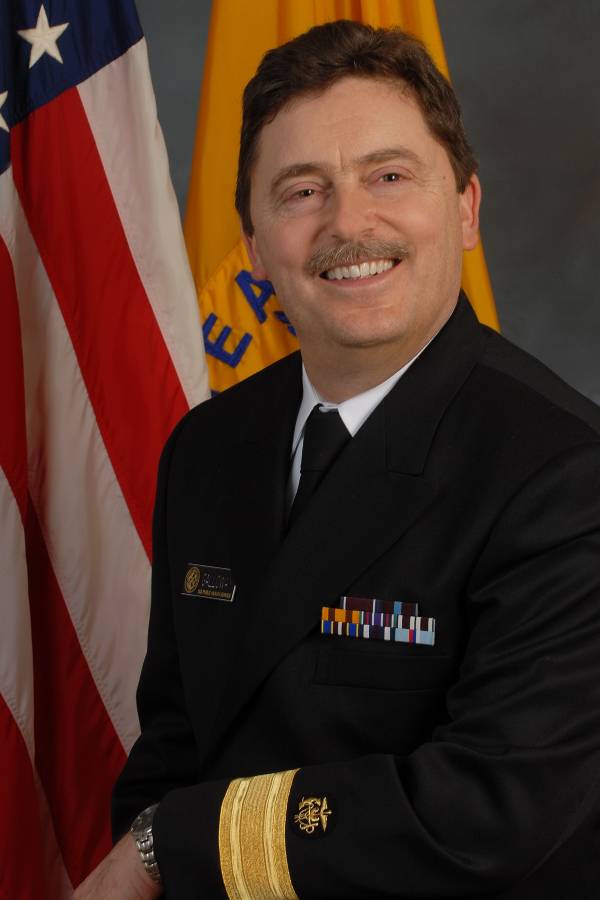Advice for Caretakers Caring for Loved Ones with Dementia
Caring for a loved one is no easy task, and no one should feel alone — whether caretaker or a loved one receiving care. In honor of National Family Caregiver Month, we spoke with Loren Faith Buford to discuss her expert insights and advice for caretakers caring for loved ones with dementia.
Buford is a Licensed Clinical Social Worker and the clinical program Supervisor of Senior Services at Metropolitan Family Services in DuPage County, as well as a member of the Board of Directors at Sage Collective. Beyond her extensive professional expertise, Buford and her sisters are taking care of their beloved 90-year old mother who is experiencing dementia.
Assessing You and Your Loved One’s Unique Situation
Sometimes the hardest part of caring for a loved one with dementia is admitting there’s a need. But that acknowledgement, and planning accordingly, can be vital. “The first thing you can do when grappling with caring for a loved one with dementia is to recognize the symptoms, and recognize that there’s a need,” confirms Buford. “Too often, those struggling with dementia are able to fool the people around them for a long time. You won’t know they need help, because they’re proud and want to maintain their dignity. But the truth is that everyone needs help, especially in cases of dementia, and it isn’t a shameful thing,” she says.
“Developing your awareness, and understanding when there’s a need to seek a medical diagnosis for your loved one takes attentive care,” says Buford. “If your loved one lives alone, for example, I recommend going to their house often: look in their refrigerator, see whether the mail is piling up, and to see whether they’re losing strength and struggling with daily tasks like cleaning or cooking. Those are the first signs. There will be behavioral signs too, like if they get upset more easily or begin repeating information.”
“Once you acknowledge the need for care is there, then you have to figure out how you can balance your life with helping them take best care of themselves,” shares Buford. “Specifically, how can you balance your self care with their care? That’s also why it’s so important to catch dementia early on: the sooner you acknowledge that need, the easier it will be to gather the necessary resources, people and services that are out there, and that can help make the task of caretaking easier on you.”
Just as caretakers must help their loved one accept help, we too must help caretakers accept the help they themselves need to carry on this essential work.
Creating Solutions That Work: Balancing Communication and Care
Whether caretakers live with or apart from their loved one, establishing a routine of care that feels natural and comfortable for both parties is vital. Buford runs through the gamut of challenges: “When do they eat? How do they get exercise? How do I make sure they’re getting a rounded out day? And most of all — how do I ensure these things without upsetting my loved one and having them feel like all I ask about is medication?” And her answer: “You have to make these things a part of their life, and make it feel natural.”
Even when caretaking feels like a strenuous task, it’s important to remind oneself of the love driving the work. “You have to find ways to provide care and not be a martyr about it,” reflects Buford. “It’s essential that your loved one knows this is what you want to do — and that you’re a team. If they’re feeling it’s not genuine and you’re not comfortable, they’ll feel like a burden and they’ll fight and resist receiving care, and worst of all they won’t communicate, or feel comfortable sharing what they need. But when you’re a team, your loved one will feel like an active part of their own treatment plan, and together you can find solutions they take part in, agree and want.”
So how can caretakers build healthy trust and communication? “Make caretaking a good time and make those memories count. If your loved one starts singing a song, join in. If they’re laughing, laugh with them. When you join them in their world, you find that it’s fun for you, too. It creates a whole different dynamic between the two of you, one that’s productive, and also full of joy,” says Buford.
And most important of all: “As your loved one’s dementia progresses,” advises Buford, “it’s absolutely vital to remind yourself that the core of that person is still there. Whether they’re having an irritable day, or maybe you’re having a bad day yourself, remind yourself to see them for what they were and continue to be: the person you love.”



